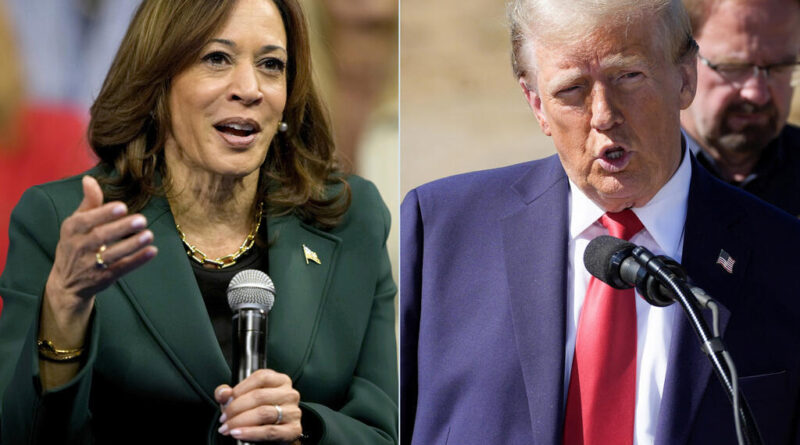Election anxiety is dangerous to your health. Here’s how some locals are dealing with the situation
Some people put themselves on a news feed, not checking the polls after noon every day, or at all. Some who want to relax from the pressure of the upcoming presidential election have turned to exercise, or meditation, or, in the case of Pamela Van Halsema, to BritBox, a streaming service that offers British TV programs.
“We just finished watching the Tower,” said Van Halsema, who lives in Santa Rosa’s Coffey Park.
As disheartened as they may be by the turnout, she said, immersing herself in the troubling lives of the show’s characters allows her and her husband, Dwayne, to we say, “At least our life is not like that.”
Elizabeth Evans flew to Iceland to escape her election turmoil. Evans, of Santa Rosa, spent three weeks earlier this month in the village in the country’s eastern border.
It is true that he spent that time in creative mode, working as an artist in residence. Still, it was “nice,” he said, “to be away from the daily grind of news and election results.
I’m sure I’m not the only one trying to put some distance between them and this madness.
Not for a long time. A recent survey conducted by the American Psychiatric Association showed that 73% of adults in the United States feel “very worried” about the upcoming election – not surprising, considering that it was expressed by Vice President Kamala Harris and former President Donald Trump “most important” in our lives.
Election concerns are real, said Dr. Armand Braun, a psychiatrist at Kaiser Permanente Santa Rosa, especially for people who are vulnerable to it by making a choice “one of the main focuses of their attention, every day. “
That concentration, sometimes to the point of extremes, “raises their anxiety,” said Braun, who has seen patients suffer from “insomnia, emotional instability and irritability.” more.
We see physical changes, more headaches, more stomach aches, all the symptoms of anxiety and depression.
Limit your content
He explained that anxiety is the main function of the human brain. “It’s our brain trying to deal with uncertainty, unpredictability – to know things, and to prepare for them.”
Underscoring that anxiety is a phenomenon he called “the flood of media” – the ads that appear non-stop on our phones, tablets and laptops, devices, messages that often contain themes of “fear” or “threat ” designed to draw the reader forward. That, “reinforces this kind of divisive, scary, extreme us-against-you.”
Therefore, it made sense that Braun’s first suggestion was for people to reduce and limit their content. “His simple rule” is to eat political issues “in the first part of the day,” leaving the rest of the day to “work on them, digest them.” After that, he said, “it’s off” — a recommendation not encouraged, it should be noted, by The Press Democrat.
Like Braun, Dr. Adrienne Heinz of Healdsburg suggests a hard news diet for those struggling with options.
“Paying attention to the polls is not going to change the outcome,” said Heinz, PhD and a research health scientist affiliated with the Stanford University School of Medicine.
But you can focus on what you control.
He highlighted “action-oriented” measures such as volunteering, writing postcards, finding ways to protest in grassroots movements.
He said: “Some have decided to go back, to protect their mental health.”
“Battle Fatigue”
Opposition to Trump, Heinz noted, has taken on “a different tone or flavor” since he ran for the first time in 2016.
“The fear is over. It has become more and more exhausting in the war.”
The 2024 race is more than a party, Heinz admits, and has come down to “a number” of different “cultural values”.
As Rachel Maddow said Monday night, regarding Trump’s increasingly authoritarian announcements, “We’re being asked to choose not just between one candidate, but between one administration and another.” .”
The fact that half the country, or close to it, is cooperating with Trump “is a source of deep frustration” for many in the other half, Heinz said.
He pointed out that this division is why it is so important to “stay curious” – to avoid the trap of demeaning people and reducing those on the other side to “labels.”
Instead of using that label in a literal way, he suggests, make an effort to understand how people’s background and culture and their lived experiences affect their thinking and perspective. of the world.
#Election #anxiety #dangerous #health #Heres #locals #dealing #situation
